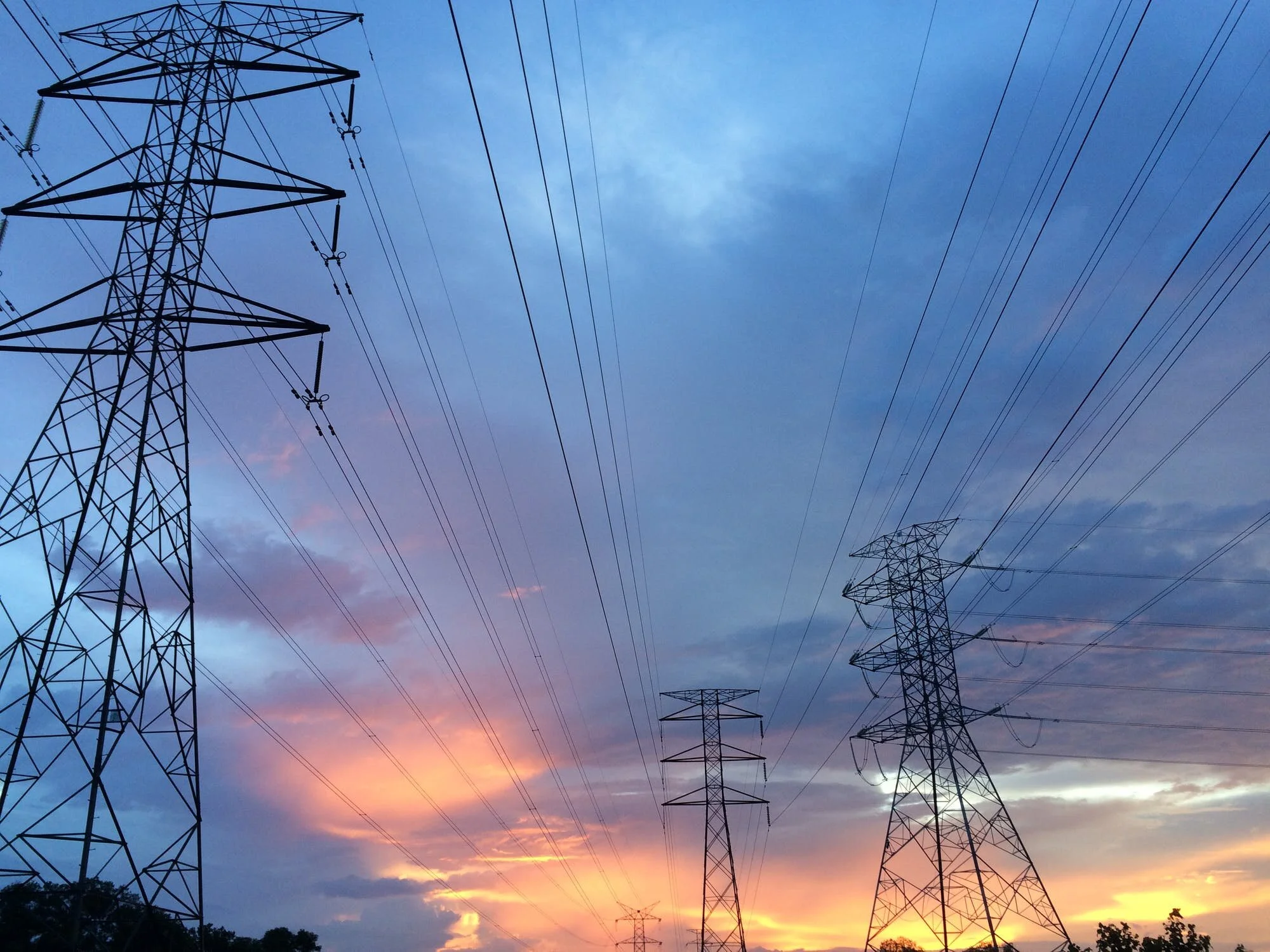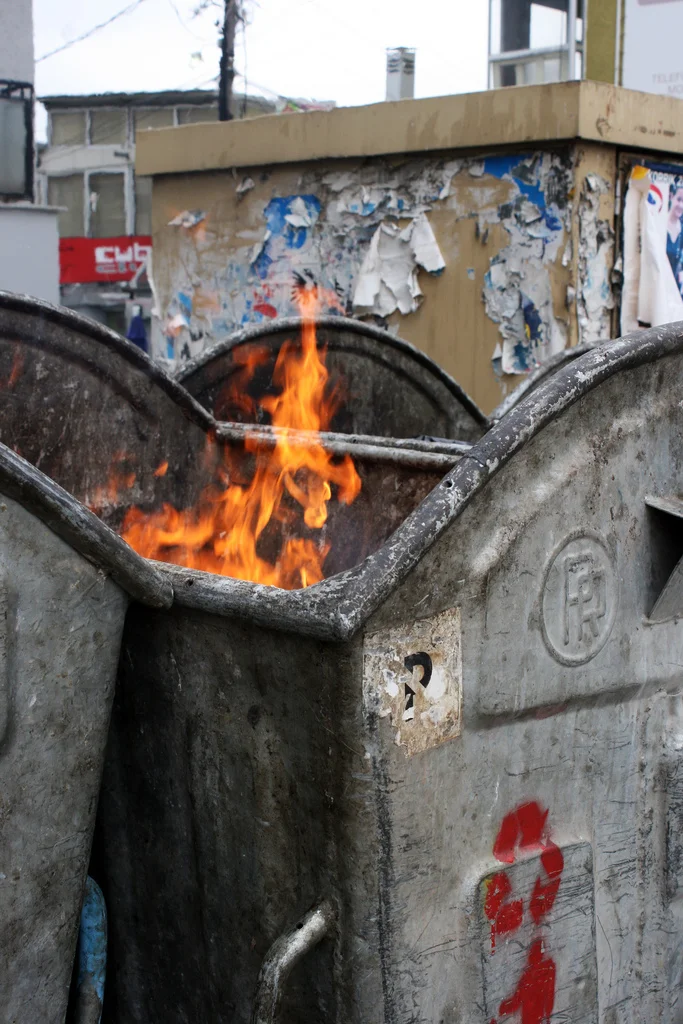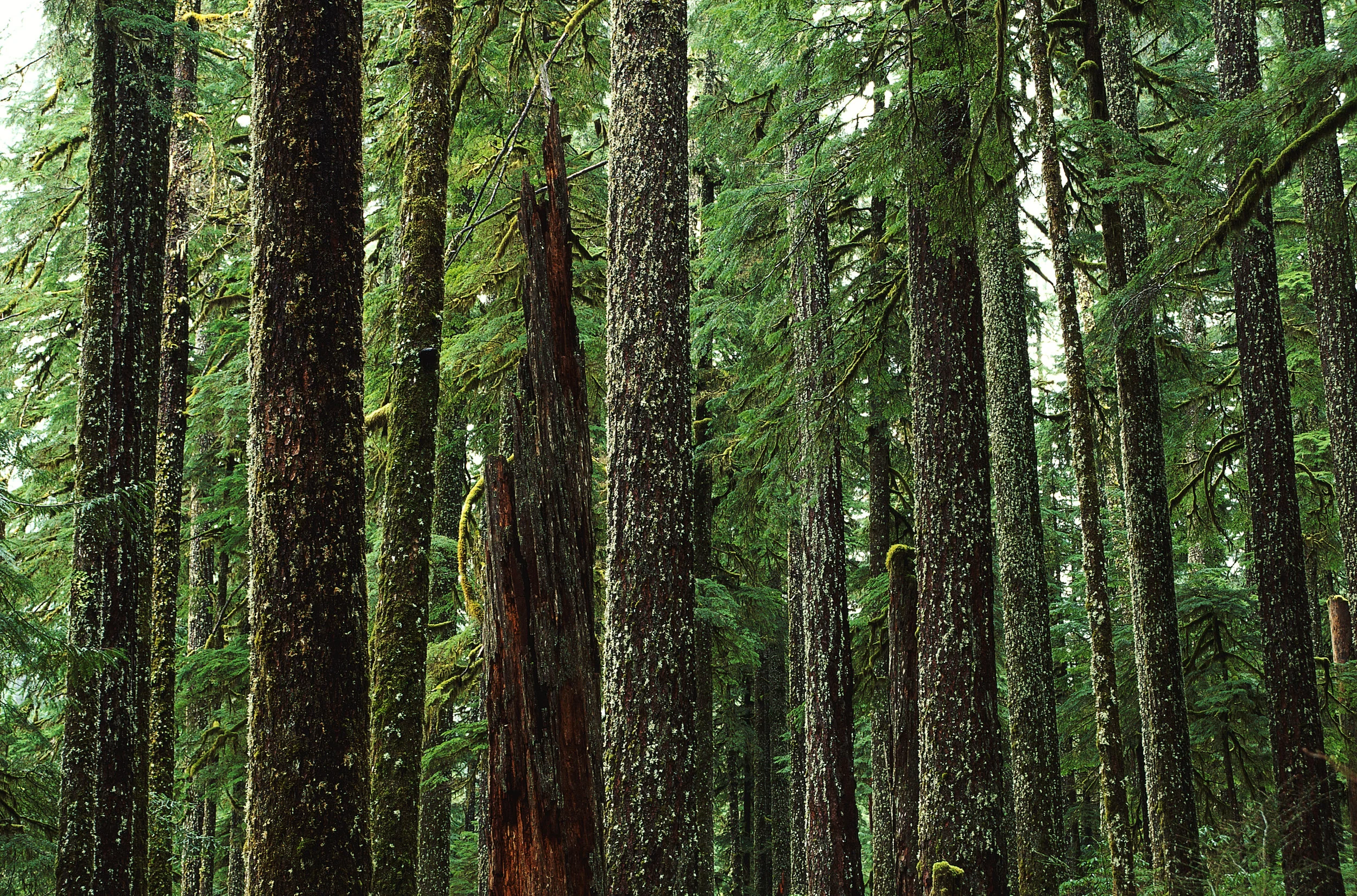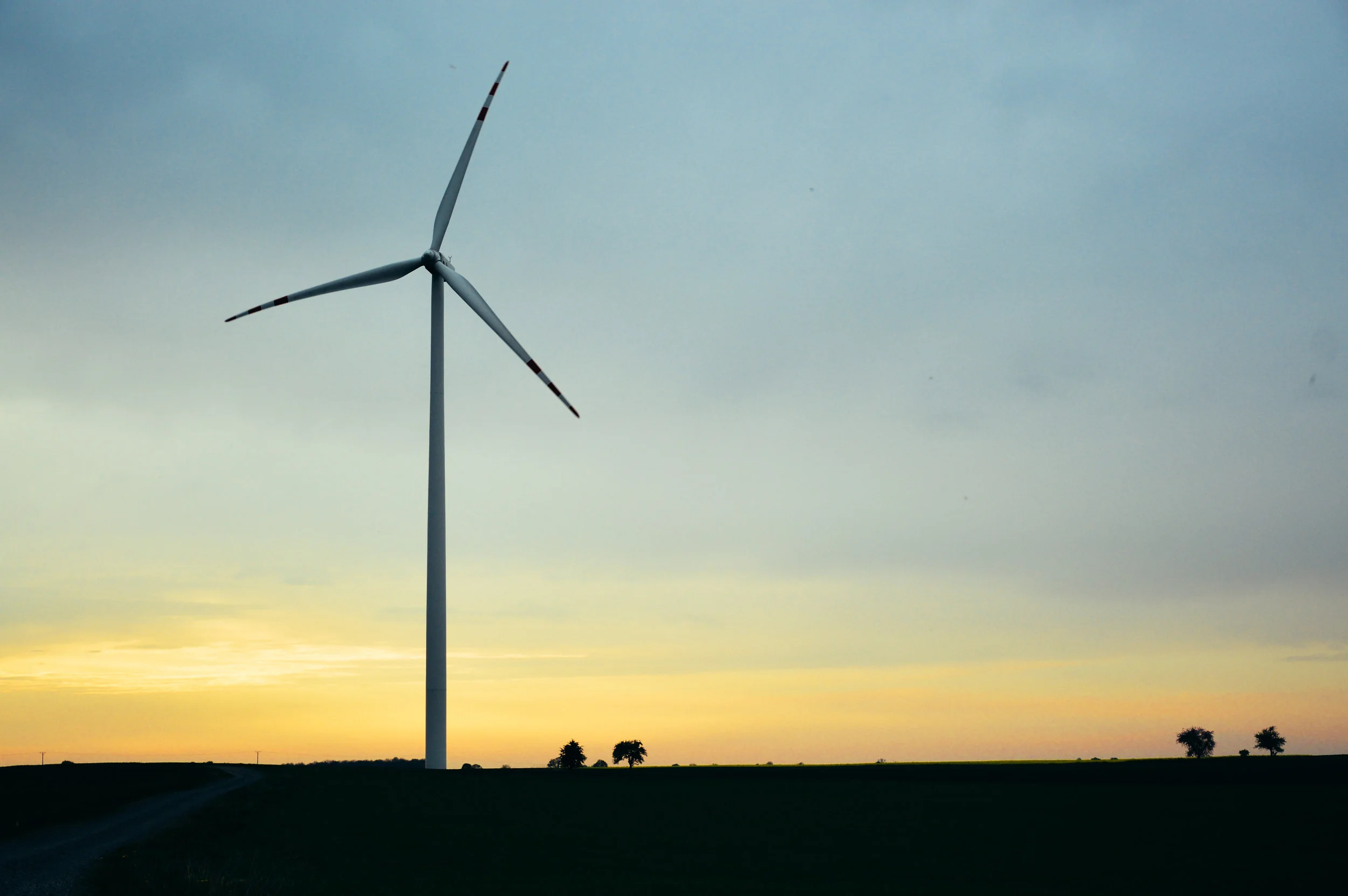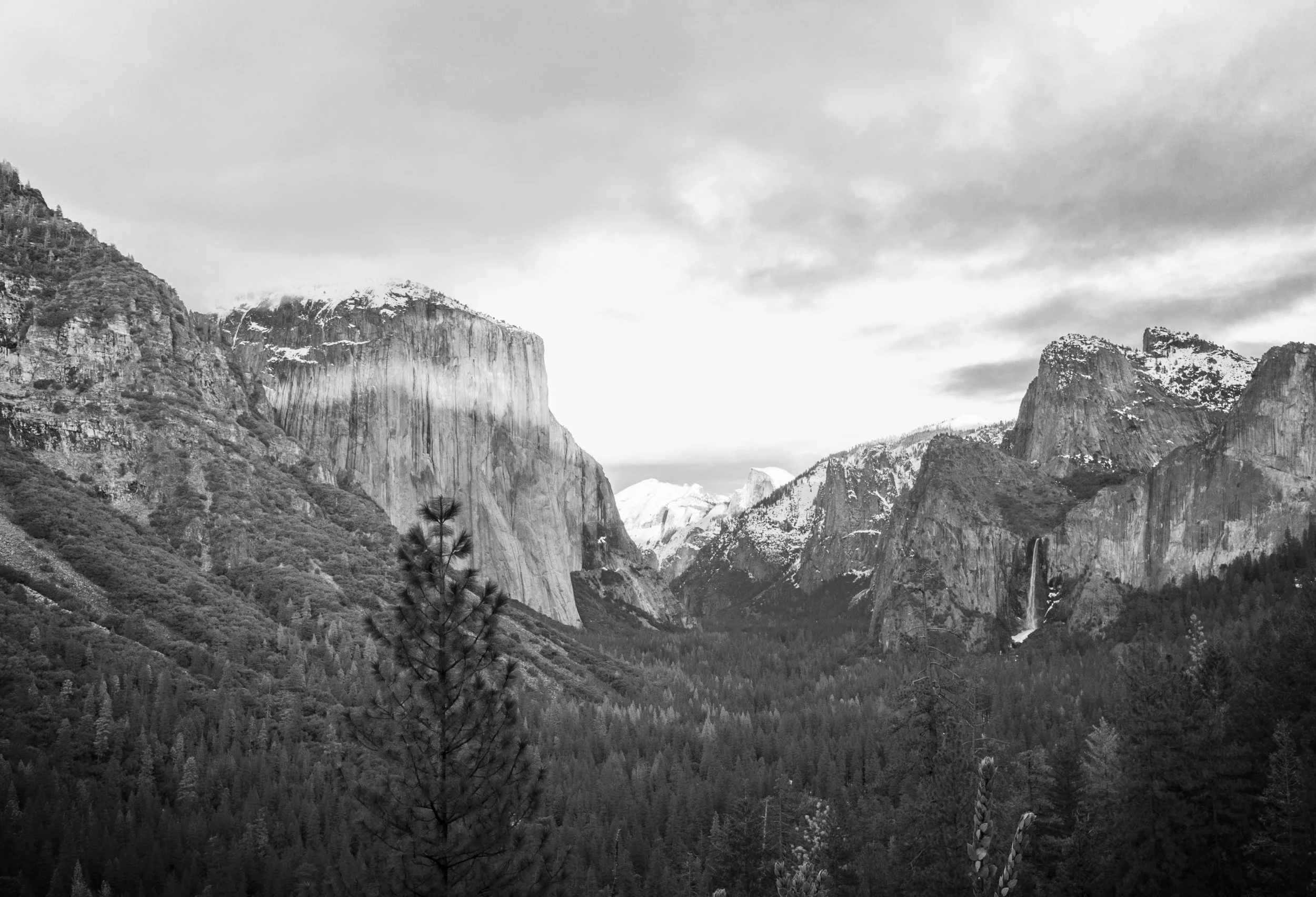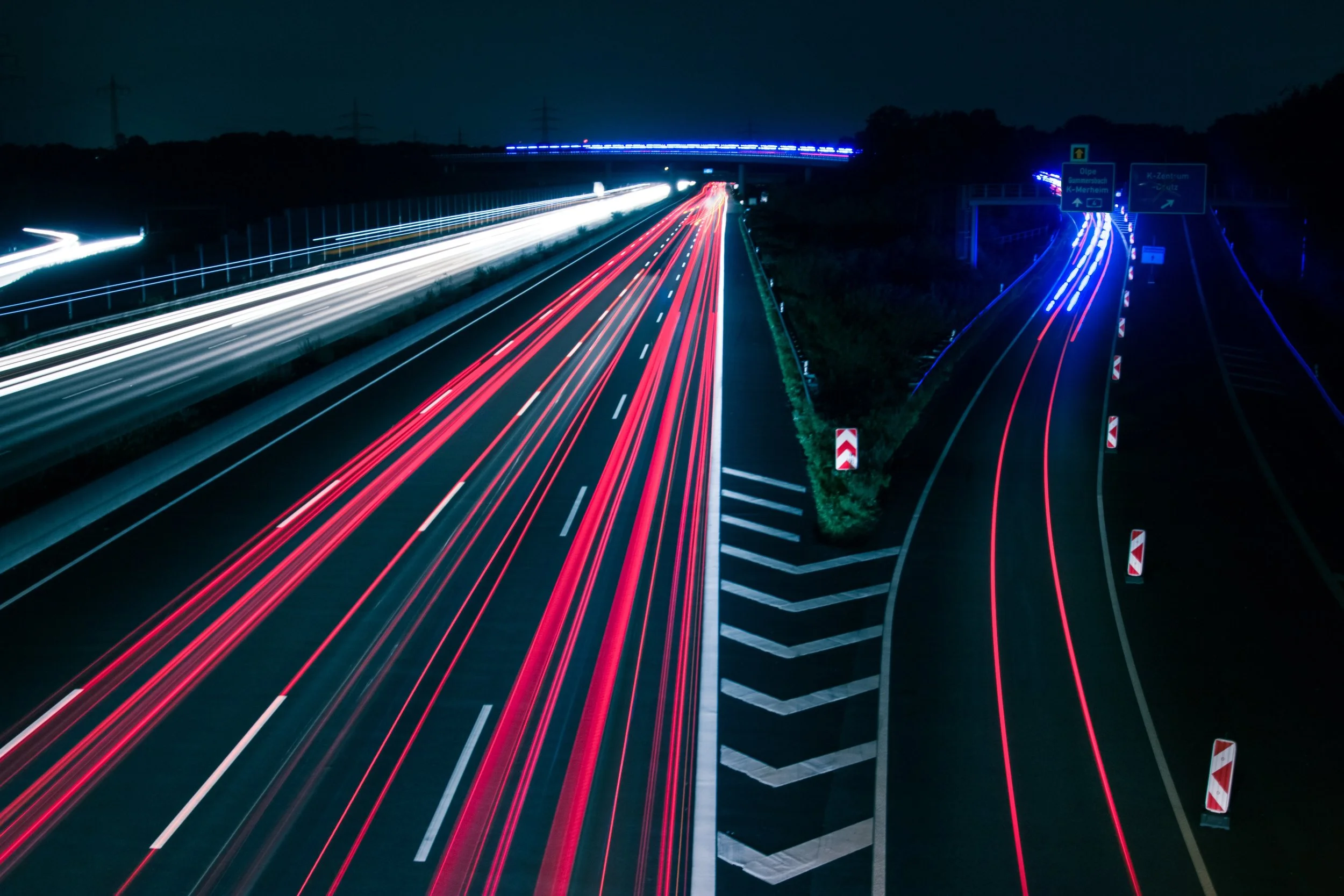The term “natural gas” is common these days. But what does the word “natural” in this term convey, and what does it hide? The truth may shock you…or maybe it won’t if you know anything about the tactics of the major (harmful) corporate industries. Find out how Big Oil has misled the public once again in this blog.
A Review of Short Circuiting Policy, Part 2
Leah Stokes has been on Climable’s radar for a few reasons— her entertaining, relevant, and educational Twitter feed, her essay in one of our favorite books of the year, All We Can Save, and for her new book, Short Circuiting Policy: Interest Groups and the Battle Over Clean Energy and Climate Policy in the American States. Read on for the second and final part of our review of Stoke’s fascinating and ambitious book.
A Review of Short Circuiting Policy, Part 1
This year Leah Stokes has been on Climable’s radar for a few reasons— her entertaining, relevant, and educational twitter feed, her essay in one of our favorite books of the year, All We Can Save, and for her new book, Short Circuiting Policy: Interest Groups and the Battle Over Clean Energy and Climate Policy in the American States. Read on for part 1 of our review of Stoke’s fascinating and ambitious book.
Energy Democracy & Puerto Rico
Fossil fuels aren’t just bad for the environment. They’ve arguably made their multinational companies richer while exacerbating social injustices and negatively impacting health and well-being in vulnerable populations. Energy democracy looks to reverse this narrative as it redistributes power by resisting the status quo and reclaiming and reconfiguring energy infrastructure.
How Batteries Replace Gas Plants
Carbon 101: IPCC Boiled Down
Climate scientists and policy makers frequently reference CO2 ppm and 2°C when they talk about climate change. What does it mean?! And now the IPCC report that we’ve been hearing about is upping the ante on what we need to do to curb carbon emissions. We put together this quick primer on emissions in case you need a refresher. Check it out!
Signs Of Greener Times
With some rather peculiar coal subsidies being pushed by the U.S. Department of Energy at present, our energy policies certainly can feel like they’re moving backwards. But despite the strange, heavy-handed attempt at market interventions from Secretary Perry, economic factors and renewable technology advancements will likely make this attempt to resurrect a dying industry too little, too late.
Putting The Conservation Back In Conservative: Part II
Our neighbors and relatives of different political opinions are not our opponents, but rather our partners in a collaborative process of democracy and societal growth. Though it’s often easy to focus on our differences, most Americans, regardless of their political affiliations, want many of the same things. Environmentally and economically, we are at a pivotal period in time which requires unprecedented cooperation amongst citizens and businesses in order to achieve a better future. In part one of this entry, I laid out the historical precedence for collaboration across party lines to mutual gain, and the benefits of utilizing new talking points to connect with conservative friends.
In part two, we’ll delve more deeply into the job numbers and economic advantages behind the renewables revolution, and connect these aspects to Republican ideals.
Putting the Conservation Back In Conservative: Part I
Very often, we can become jaded by the polarization of our political culture. In the era of Trump, where science-denial is the adopted stance of the federal government, it’s absolutely critical we find ways to reach out to our neighbors and discover common ground to create viable solutions to our problems.
This two-part piece explores these ideas, and challenges the traditional approach of progressive environmental politics in order to foster new alliances and to actualize solutions.
The Future Drives Itself
A Bay-area entrepreneur and a London-based venture capitalist join forces to lay out a dramatic vision for the next 15 years of transportation. Their conclusions have truly profound impacts on global economies, the environment, people’s social lives, and geopolitics. And while the ideas presented may appear radical at first, a deeper read tells a convincing tale of a futuristic transportation sector just a few years away.





